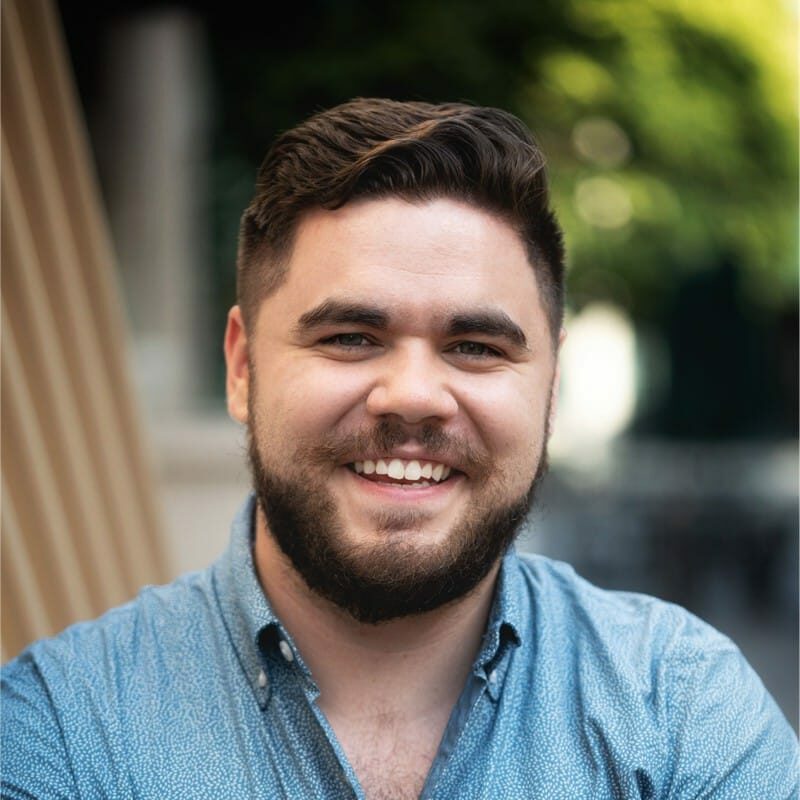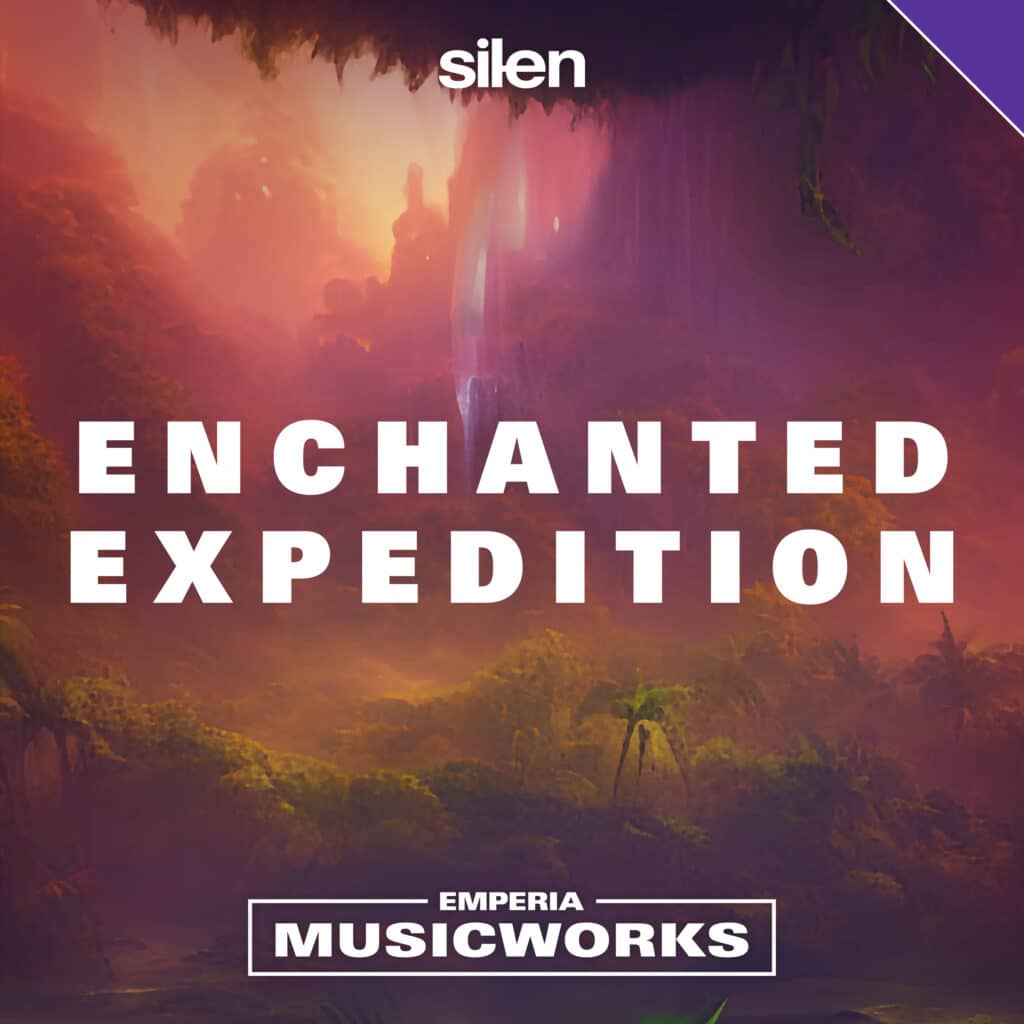Composer Interview
Rick McGuire
Rick McGuire is a highly talented composer and drummer from Los Angeles. His unique sound blends electronic and acoustic elements, creating a mesmerizing musical experience. His music has gained widespread recognition, earning critical acclaim from music lovers worldwide.

S: What were some of the earliest musical influences that you can remember growing up? What instrument did you grow up playing?
R: I'll be cliche and say Hans Zimmer but it's the truth! I still remember listening to Pirates of the Caribbean on my iPod Nano and getting completely obsessed. I also remember being struck by the percussion in the Tarzan soundtrack (my parents are huge Phil Collins fans). It was only natural I picked up drums after that.
S: What led you into making music for media?
R: I was also big into Avid's Sibelius growing up. I played in pretty much every ensemble there was in school and wondered how the sheet music got created so that led me to discovering notation software. I watched a lot of tutorials and eventually came across a little promo video Avid had made for James Horner scoring Avatar. I thought he had the coolest job in the world. I liked how new music was being written for the orchestra and being heard by millions of people. It bothered me that in orchestra class we were playing old music. I wanted to be a part of something new.
S: How would you describe your style of writing?
R: I would say generally I write a lot of rhythmically interesting music. Because of my background as a percussionist, rhythm is always the first thing that comes to me when I'm looking at a blank page. However, whenever I'm recording with live players, a lot of them tell me my charts give them a sightreading workout 😉

“The Hollow”
An epic, adventurous, fantastical journey awaits at The Hollow. Wondrous flute melodies with strings and harps.
S: What was your intention behind “The Hollow”?
R: I wanted to write something similar to Ori and the Blind Forest by Gareth Coker and Moss by Jason Graves. I look up to these composers a lot and wanted to blend their sound as best as I could. Ori relies a lot on ambient bell-like piano and Moss features a lot of dancing winds and strings. They're some of my favorite scores that I still listen to all the time to draw inspiration from.
S: How did you start creating this song and eventually achieve your vision?
R: I was excited to compose this cue because it presented an opportunity to write a theme. A lot of the library music I produce focuses more on rhythms and texture to create the vibe the film/tv/game is trying to achieve. Initially, I fleshed out an A theme on the piano. If a cue isn't strong in its simplest form on piano, it has no hope of sounding good when orchestrated.
Then I harmonized it a few ways and came up with counterlines. I'm a big believer in Bach and his focus on line - each instrument getting an interesting part to play that can blend seamlessly with the others. I then composed a B theme to answer the A and then arranged the cue into a loose song form (AABA). Then it was just a matter of orchestrating each section to provide more interest!
S: What were some of the compositional challenges that you faced?
R: Once I was satisfied with my A theme, my B theme didn't come as naturally. I went through a couple of ideas before finally settling on something that deviated rhythmically from the A. I stepped away from my desk for a few hours to go for a walk and then almost out of nowhere I was humming my B theme. Sounds more romantic than how it usually goes for me, but perhaps a lesson in taking breaks.
S: What was your favorite part of the process?
R: No surprises here, programming all the percussion! I try consciously to not put in any percussion until I have a complete idea in the DAW with melody, harmony, counterlines, bass line, etc. John Williams is a great example of this because he won't use orchestral percussion to create a groove like a drum set, but rather to color what the rest of the ensemble is doing. However, once I have all the necessary elements in there, I go nuts with percussion (for better or for worse!).
S: Outside of music, where do you find inspiration in your life?
R: Another cliche but I'll say my family, my faith, and nature. My grandmother recently passed away and I was in awe to see how many lives she influenced. It put into perspective to me how important relationships are and to cultivate them daily. A little corny, but I really believe our friendships make us rich.

